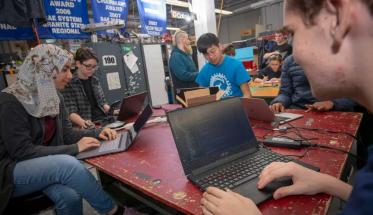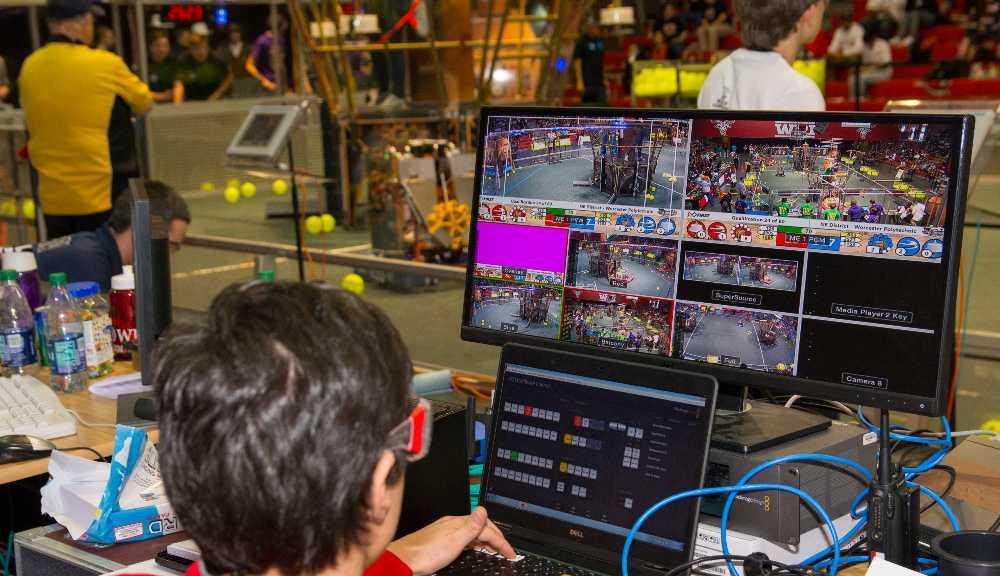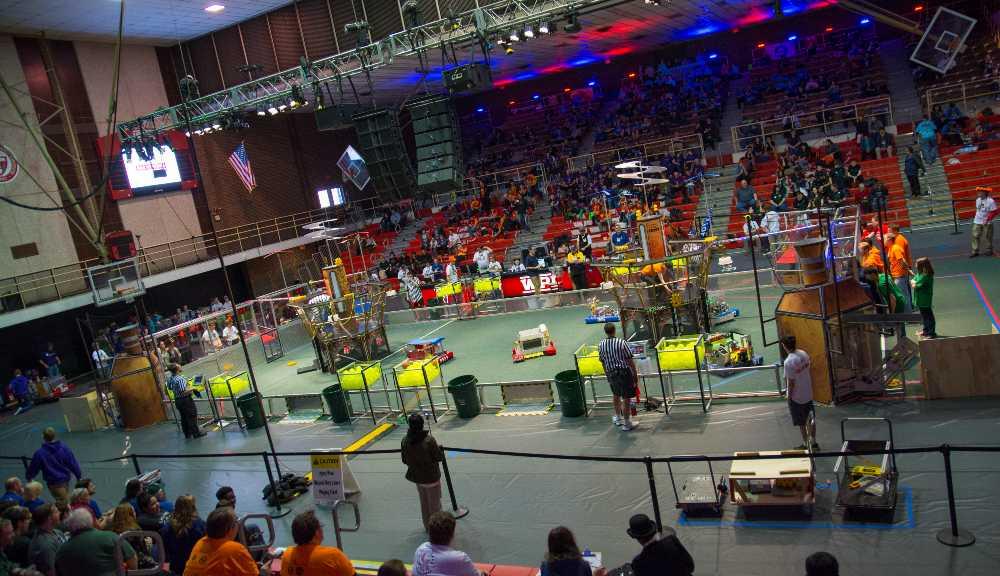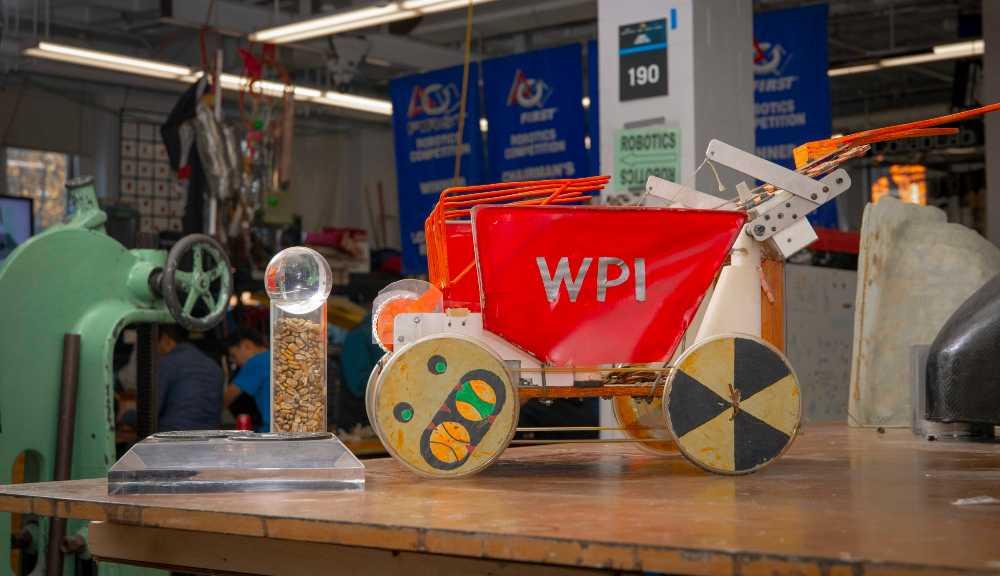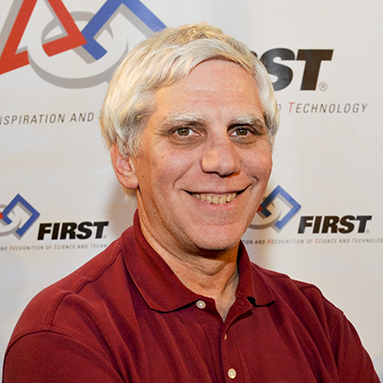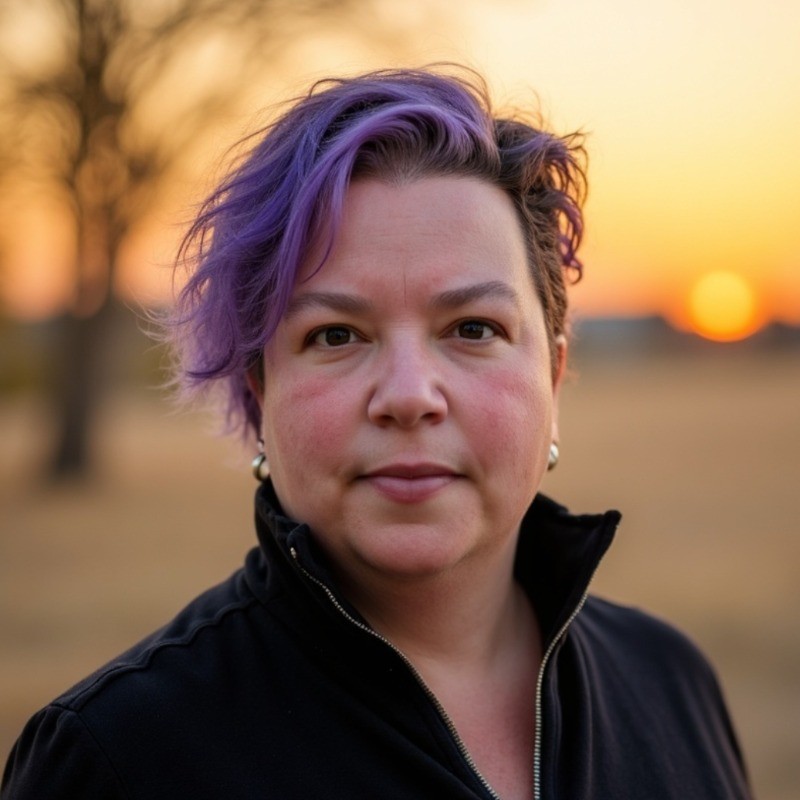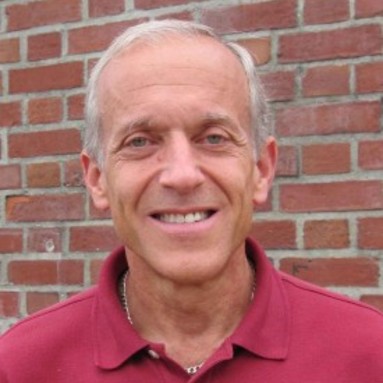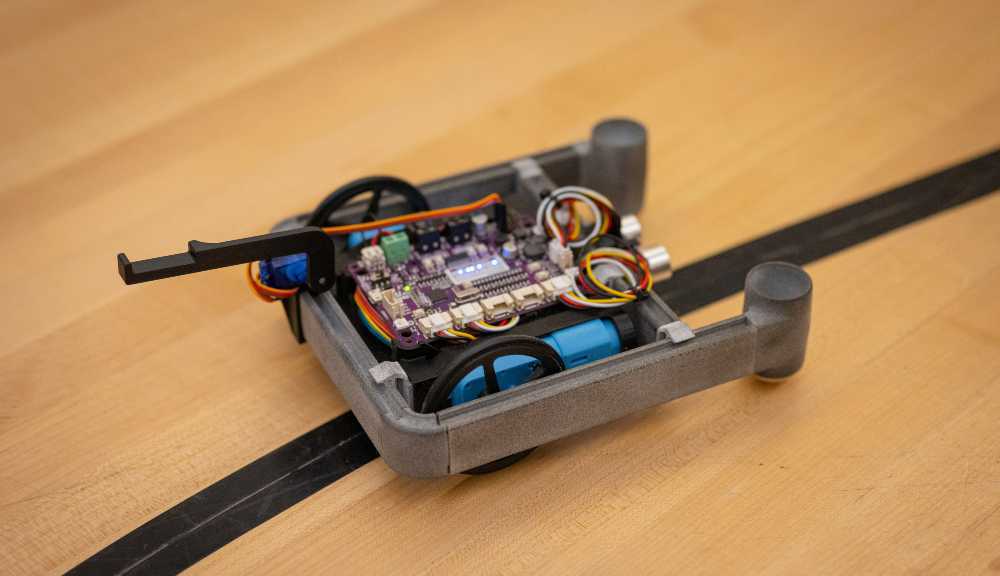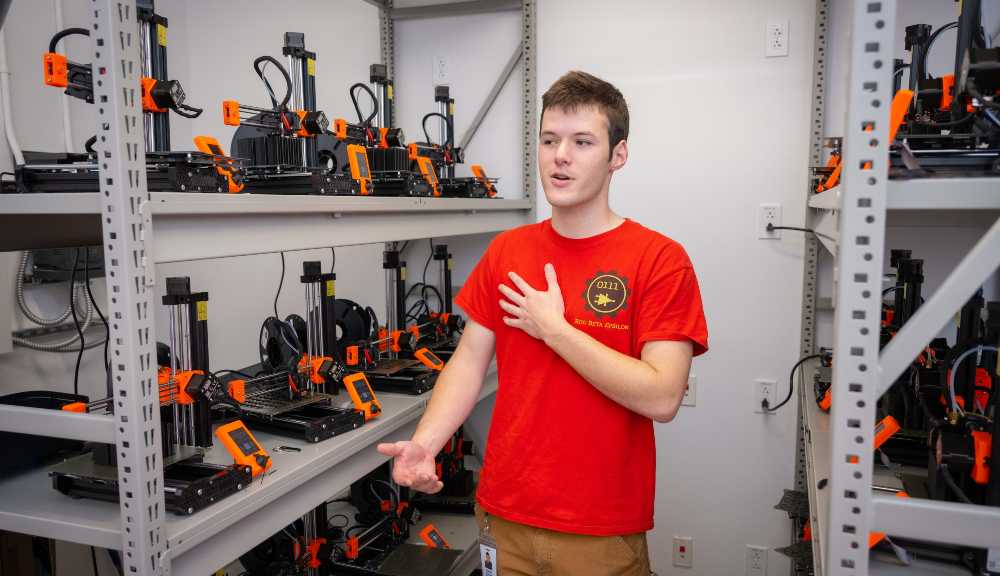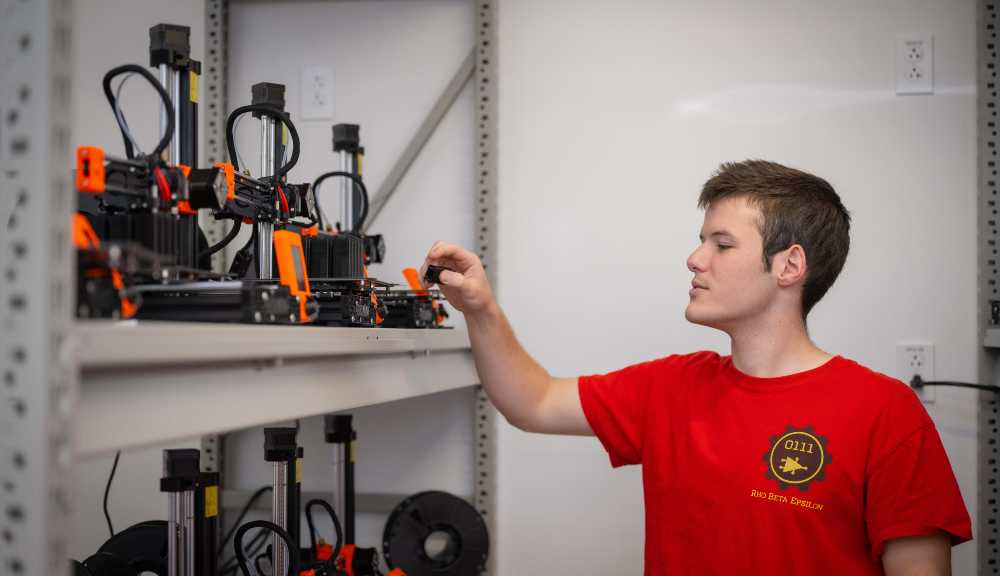When Dean Kamen, a celebrated innovator and WPI alumnus, decided thirty years ago to create an annual robotics competition for high school students, one of the first universities he approached for help was his alma mater, a leader in project-based STEM education.
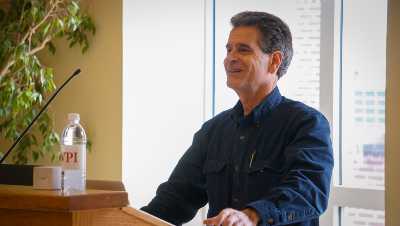
In the three decades since, WPI and FIRST (For Inspiration and Recognition of Science and Technology) have been working together to sow the seeds of innovative STEM education around the world.
A Pipeline of Inspiration and Learning
Twenty-eight teams—including a local team of Doherty Memorial High School students mentored by WPI students and faculty—competed during the inaugural FIRST robotics competition. Today the event draws more than 3,500 teams from every state in the country. The WPI-sponsored team is one of only nine that have participated every year.
“It turns out to be a wonderful experience for our student mentors because they get a chance to actually use engineering lessons that they’ve learned in an academic environment,” says Ken Stafford, an emeritus teaching professor and former director of the university’s Robotics Resource Center. Each year about 10 WPI students work closely with the team of high school students, who now come primarily from the Massachusetts Academy of Math and Science, and Colleen Shaver ’04, ’08 (MS), the current director of the Robotics Resource Center.
The benefits extend far beyond those 10 WPI students, though.
“It’s about building globally and socially conscious individuals who understand that the drive of competition should never overwhelm the strength of cooperation. It’s also about understanding the value of diverse ideas and working toward building inclusive teams that can amplify voices not traditionally heard in STEM communities.” -Colleen Shaver
High schoolers who participate in the robotics competition learn basic engineering skills while collaborating to create a functioning industrial-size robot in seven weeks. Along the way, they get opportunities to solve problems in real time, become familiar and comfortable with technology and software, and challenge themselves … all while having fun.
From the very first competition, Stafford says, “WPI understood, smartly, that this was a wonderful feeding system for the kind of students we want. Folks that are involved with FIRST are innovative, creative team players. They’re all the things we would like to see in our own students.”
Last year, approximately 8% of all WPI undergraduate applicants listed FIRST as an activity, and 14% of the enrolling class participated in FIRST, according to Jennifer Cluett, executive director of admissions.
Students with FIRST experience end up choosing a range of academic majors at WPI and therefore enrich the entire university community. Still, Brad Miller, senior fellow for WPI’s OpenSTEM Initiative, says that the robotics program at WPI is stronger thanks to FIRST. Miller notes that about half of WPI’s robotics engineering majors now start their undergraduate studies with high school robotics experience.
